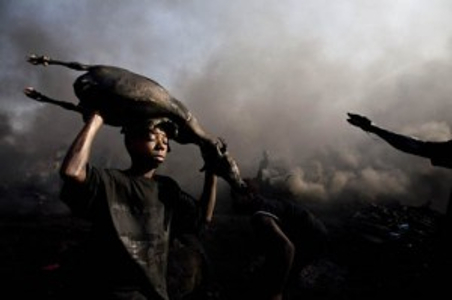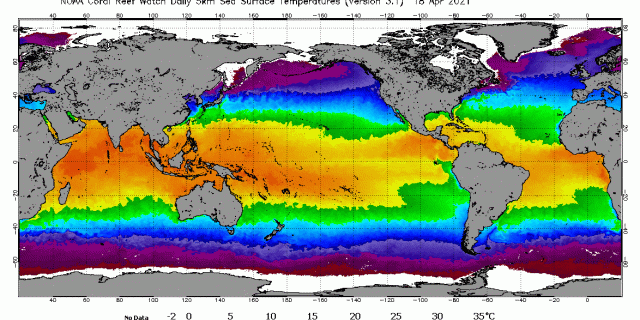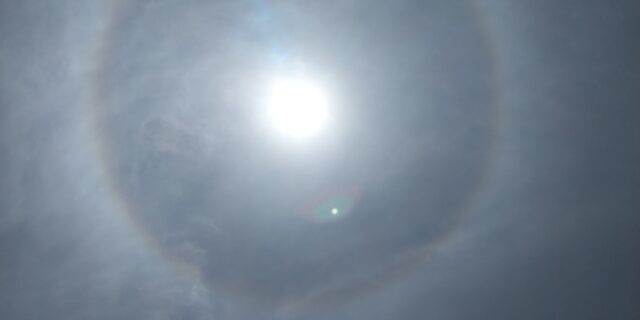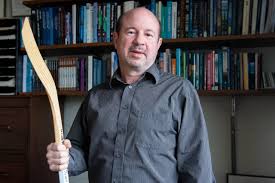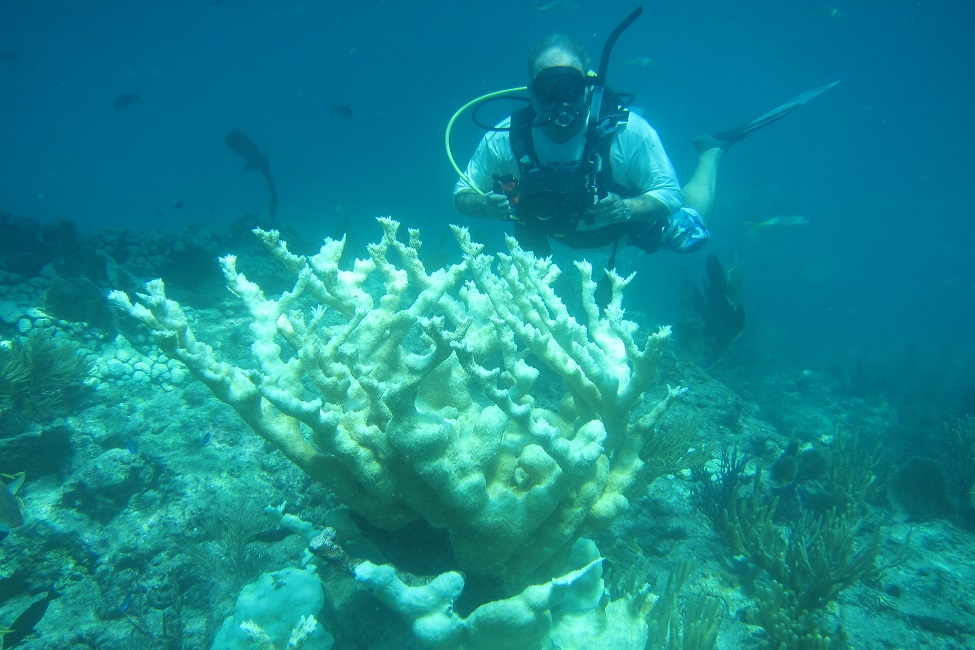The Climate Lie: Scientist Blows Open UN Fraud, Global Censorship, and China’s Power Grab at COP30 in Brazil (Exclusive Interview)

RAIR November 29, 2025 Veteran climate scientist Tom Harris warns that COP30 in Brazil exposed the truth: the UN’s climate agenda isn’t science but a global system of fraud, censorship, and geopolitical control designed to empower China and silence dissent worldwide. As global elites flew in private jets to COP30 in Brazil, treating the Amazon like a backdrop for their moral theatrics, the world’s political class used the conference to demand even more aggressive restrictions on energy, agriculture, transportation, and speech. But according to veteran climate scientist Tom Harris, Executive Director of the International Climate Science Coalition (ICSC), the scientific …


